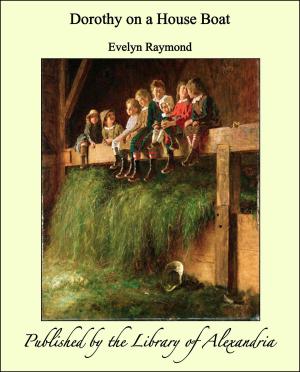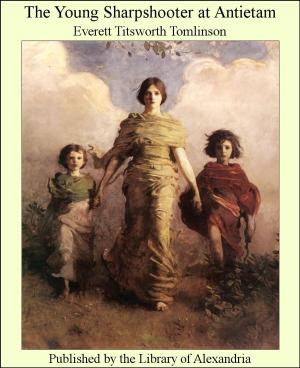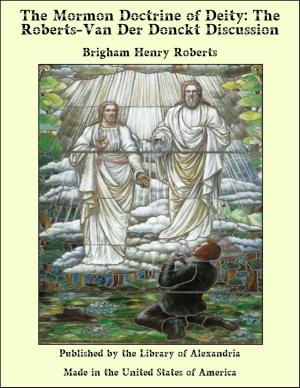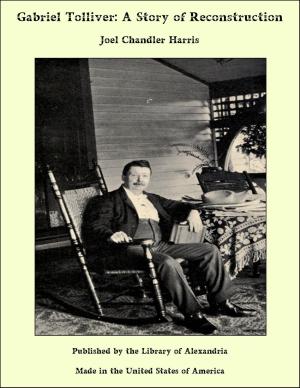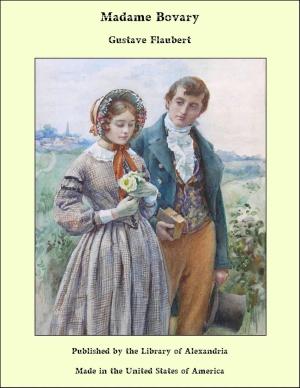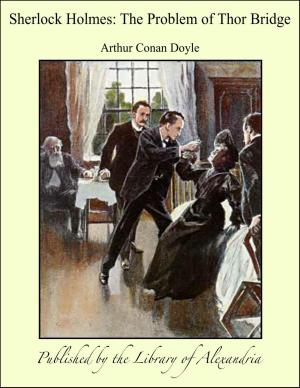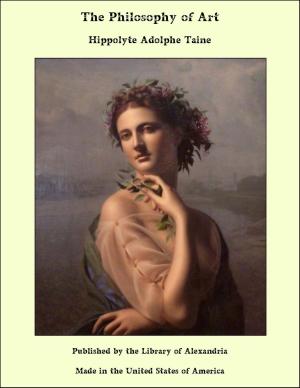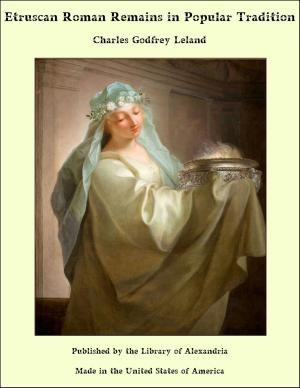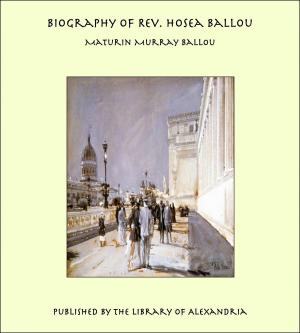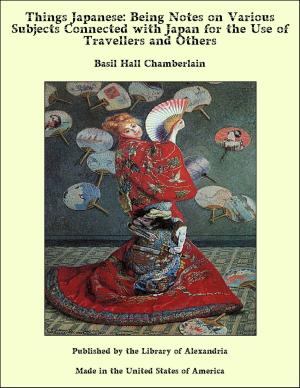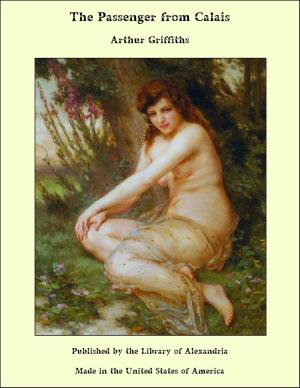The Centenary Garland: Being Pictorial Illustrations of the Novels of Sir Walter Scott
Nonfiction, Religion & Spirituality, New Age, History, Fiction & Literature| Author: | Anonymous | ISBN: | 9781465541512 |
| Publisher: | Library of Alexandria | Publication: | March 8, 2015 |
| Imprint: | Language: | English |
| Author: | Anonymous |
| ISBN: | 9781465541512 |
| Publisher: | Library of Alexandria |
| Publication: | March 8, 2015 |
| Imprint: | |
| Language: | English |
Sir Walter was born in a house which has long ago disappeared; it stood at the head of the College Wynd, and was removed to make room for the northern front of the University buildings. On his father's side he was descended from the Scotts of Harden, the elder branch of the great Border sept of that name. In his personal aspects he much resembled his paternal ancestry, his features being of the Saxon type, rugged, massive, heavy,-almost stolid. Through his paternal grandmother, he traced an old lineage in the Haliburtons of Newmains, a considerable family of Berwickshire landowners. Of the Haliburtons he printed for family use a volume of "Memorials," and he rejoiced, through his descent from that sept, to possess a right of sepulture in Dryburgh Abbey. On his mother's side, his progenitors were likewise respectable; his maternal grandfather, Dr John Rutherford, was Professor of the Practice of Physic in Edinburgh University, and his mother's brother, Dr Daniel Rutherford, an eminent chemist, occupied the Chair of Botany. His mother possessed a vigorous intellect, which she had successfully cultivated. Of a family of twelve, six of whom survived infancy, Walter alone evinced the possession of genius. Born a healthy child, he became exposed to serious peril by being intrusted to a consumptive nurse. When under two years old, he was seized with an illness which impaired the use of his right limb, a misfortune which continued during his life. With the view of restoring his strength, he was placed with his paternal grandfather, Robert Scott, who rented the farm of Sandyknowe, near Smailholm Tower, Roxburghshire. At Sandyknowe, he narrowly escaped destruction through the violence of a servant who had become insane; but he had afterwards to congratulate himself on having formed an early acquaintance with rural scenes. No advantage arising to his lameness, he was, in his fourth year, removed to Bath, where he remained some time without experiencing benefit from the thermal waters. The three following years were chiefly spent at Sandyknowe. In his eighth year he returned to Edinburgh, with his mind largely stored with Border legends derived from his grandmother, a person of romantic humour and sprightly intelligence. At this period, Pope's translation of Homer, and the songs of Ramsay's "Evergreen," were his favourite studies; he took delight in reading aloud the more striking passages. In 1779 he was sent to the High School, where he had the advantage of being taught by Mr Luke Fraser, an able scholar, and Dr Adam, the erudite Rector. His scholastic progress was not equal to his talents; he was devoted to romance, and experienced greater pleasure in a country ramble, than in giving due attention to the business of the class-room. As he became older, his love of miscellaneous literature amounted to a passion; and as his memory was singularly retentive, he accumulated a store of knowledge.
Sir Walter was born in a house which has long ago disappeared; it stood at the head of the College Wynd, and was removed to make room for the northern front of the University buildings. On his father's side he was descended from the Scotts of Harden, the elder branch of the great Border sept of that name. In his personal aspects he much resembled his paternal ancestry, his features being of the Saxon type, rugged, massive, heavy,-almost stolid. Through his paternal grandmother, he traced an old lineage in the Haliburtons of Newmains, a considerable family of Berwickshire landowners. Of the Haliburtons he printed for family use a volume of "Memorials," and he rejoiced, through his descent from that sept, to possess a right of sepulture in Dryburgh Abbey. On his mother's side, his progenitors were likewise respectable; his maternal grandfather, Dr John Rutherford, was Professor of the Practice of Physic in Edinburgh University, and his mother's brother, Dr Daniel Rutherford, an eminent chemist, occupied the Chair of Botany. His mother possessed a vigorous intellect, which she had successfully cultivated. Of a family of twelve, six of whom survived infancy, Walter alone evinced the possession of genius. Born a healthy child, he became exposed to serious peril by being intrusted to a consumptive nurse. When under two years old, he was seized with an illness which impaired the use of his right limb, a misfortune which continued during his life. With the view of restoring his strength, he was placed with his paternal grandfather, Robert Scott, who rented the farm of Sandyknowe, near Smailholm Tower, Roxburghshire. At Sandyknowe, he narrowly escaped destruction through the violence of a servant who had become insane; but he had afterwards to congratulate himself on having formed an early acquaintance with rural scenes. No advantage arising to his lameness, he was, in his fourth year, removed to Bath, where he remained some time without experiencing benefit from the thermal waters. The three following years were chiefly spent at Sandyknowe. In his eighth year he returned to Edinburgh, with his mind largely stored with Border legends derived from his grandmother, a person of romantic humour and sprightly intelligence. At this period, Pope's translation of Homer, and the songs of Ramsay's "Evergreen," were his favourite studies; he took delight in reading aloud the more striking passages. In 1779 he was sent to the High School, where he had the advantage of being taught by Mr Luke Fraser, an able scholar, and Dr Adam, the erudite Rector. His scholastic progress was not equal to his talents; he was devoted to romance, and experienced greater pleasure in a country ramble, than in giving due attention to the business of the class-room. As he became older, his love of miscellaneous literature amounted to a passion; and as his memory was singularly retentive, he accumulated a store of knowledge.


